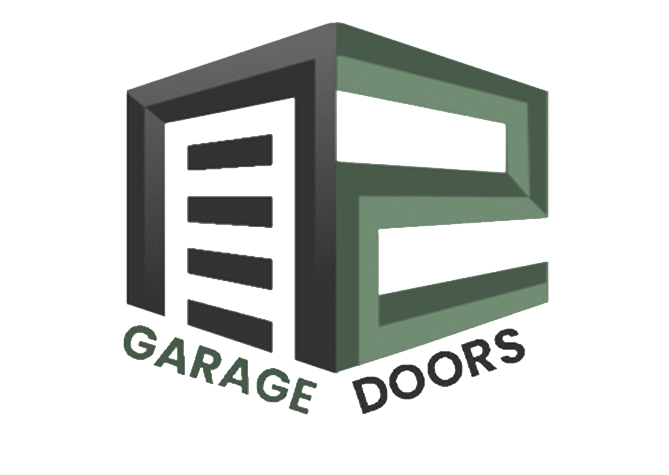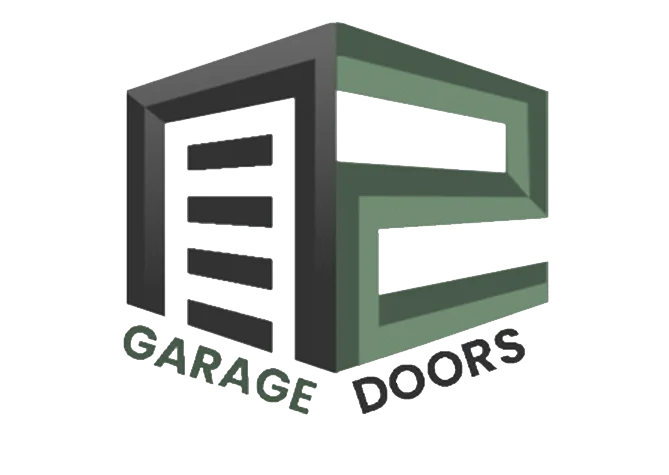Why Is My Garage Door So Loud? Fix Noisy Doors Fast With These Tips
If you’ve ever found yourself cringing every time you open or close the garage door, you’re not alone. A loud garage door isn’t just annoying – it might be a sign that something is off. And here in The Woodlands, Texas, where humidity and heat can cause wear and tear faster than expected, noise from your garage door can come quickly and unexpectedly.
So if you’re asking, “Why is my garage door so loud?” let’s walk through the most common causes, what you can do to fix them, and when it’s time to call in a pro.
Common Causes of Garage Door Noise
There are a few frequent culprits behind loud garage doors. The good news? Many of them are easy to spot and even easier to fix.
Lack of Lubrication on Moving Parts
Garage doors have a lot of moving parts—rollers, hinges, springs, and tracks—that work together every time you open or close the door. Without regular lubrication, these metal components grind together, causing a loud noise over time.
To reduce this noise:
- Use a silicone-based lubricant or lithium grease every six months.
- Avoid products like WD-40—they’re great cleaners but not ideal lubricants.
- Be sure to lubricate all moving parts, including:
- Hinges
- Rollers
- Springs
- Tracks
- Bearing plates
Loose Hardware
Over time, the vibrations from your garage door opener and daily use can loosen the hardware.
Check and tighten:
- Every bolt and screw on the door panels
- Mounting brackets that connect your garage door opener to the ceiling or joists
- Roller stems and their attachment points
A simple tighten-up might be all you need to quiet things down.
Worn or Metal Rollers
Older metal rollers tend to become loud as they wear. If your door uses metal on metal contact, it may sound like grinding or squealing.
Nylon rollers are quieter and don’t require as much lubrication. Switching to these can make a big difference.
Still, if your rollers are worn parts or beginning to wobble on the track, it’s best to replace them to avoid further wear on other components.
Misaligned Door Tracks
When your door is off-center or slightly misaligned, it puts tension on various parts, which can result in a loud grinding or squeaking noise.
You can inspect the alignment yourself:
- Look at the track and see if it’s bent or pulling away from the wall.
- If it looks off, it’s best to call an expert who specializes in garage door alignment.
Problems With the Opener
Sometimes, it’s not the door—it’s the garage door opener creating most of the noise.
There are three main types of openers:
- Chain drive: Very durable but the loudest. If your opener has a chain, some rattling and noise is expected.
- Belt drive: Uses a rubber belt. Much quieter than chains.
- Screw drive: Uses a threaded rod (screw) to move the door. Moderate noise level.
If your opener or motor sounds like it’s working overtime, it might be time for maintenance or an upgrade.
Vibration From the Door Opener or Ceiling
If your garage door opener is mounted directly to a ceiling joist, without a rubber isolator, the entire vibration can echo through the ceiling and walls.
To reduce this noise:
- Add rubber mounting brackets to dampen the vibration.
- Use anti-vibration pads or soundproofing material between mounting points.
This is a small fix that can make a big difference in how your garage door sounds.
How Your Garage Door Type Affects Noise Levels
Some garage door types are naturally quieter than others. If you’ve done all the basic maintenance and the garage door still sounds noisy, it might be due to the materials or design.
- Steel garage doors tend to be louder but are the most durable.
- Wood doors absorb more sound but require frequent upkeep in a humid climate like The Woodlands.
- Insulated doors help contain noise and vibration, making the operation smoother.
If your door is older or made from thinner, uninsulated metal, consider upgrading to a newer, quieter model.
When Noise Means a Bigger Problem
Sometimes a loud noise isn’t just annoying—it’s a red flag.
Call a pro if:
- You hear a sudden bang or snap (this could indicate a broken spring).
- There’s a grinding sound from the opener gear.
- The door is slamming shut or jerking during movement.
Unusual sounds could lead to injury if a part fails while the door is in motion.
Quick DIY Fixes for a Quieter Garage Door
Still wondering why your garage door is acting up? Here are a few fixes you can try today to reduce noise and smooth out your door’s opening and closing.
Step-by-Step: Make Your Garage Door Quieter
- Close the door and disconnect the opener.
- Inspect the tracks, rollers, and hinges for dirt or debris.
- Use a spray lubricant like lithium-based grease on all joints and pivot points.
- Tighten any loose bolts, nuts, and mounting brackets.
- Replace metal rollers with nylon alternatives.
- Add insulation or weatherstripping if sound is leaking into the house.
- Install rubber isolators or anti-vibration pads between the opener and the joist.
- If using a chain drive, tighten a sagging chain, or consider switching to a belt drive.
These efforts can help reduce this noise and prolong the life of your garage door system.
What If the Noise Persists?
If you’ve cleaned, tightened, inspected, and lubricated but your garage door still makes noise, it may be time to call in an expert who specializes in deeper repair or replacement.
Chances are, there’s a problem with internal components like the gear, strip, or mounting parts that aren’t visible without proper tools.
We always recommend turning to a professional garage door repair expert in The Woodlands, Texas, if you’re unsure. An experienced technician can prevent damage before it gets expensive.
Conclusion: Don’t Settle for a Noisy Garage Door
A noisy garage door is a common problem, but that doesn’t mean you have to live with it.
Whether it’s dry hinges, a rattling chain drive, or a worn-out roller, knowing what causes that loud noise is the first step toward peace and quiet.
Here’s what you can do next:
- Try the lubrication and tightening tips above.
- Inspect your door hardware and tracks carefully.
- Upgrade components like rollers, gear, or even your garage door opener to a quieter, more modern setup.
And when in doubt, never hesitate to contact an expert who specializes in garage systems. A little attention now can prevent costly repairs – and give your ears a break.
Looking to make your garage door run smoother and quieter right here in The Woodlands? Reach out to the trusted team at 2Quick Garage Doors. We’re always here to help.


